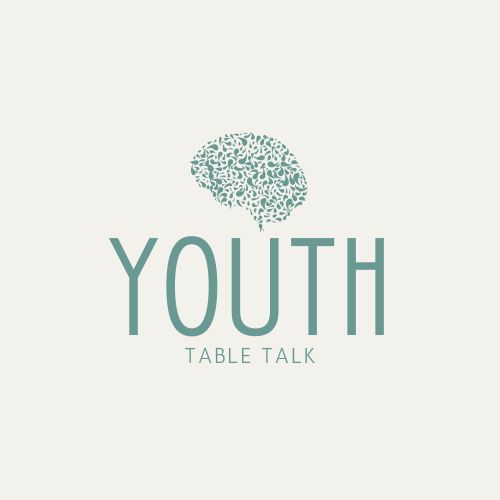Life is a roller coaster of grief and joy; this is why grief counseling is an inevitable part of life. Grief can be explained as ‘the sadness that is inhibited due to loss of a loved one or any other significant loss.’ Every person encounters some type of grief throughout their life, similarly every person fathom it differently. Some people might overcome their grievances by simple counseling or soothing words said by a colleague or an elder, while for others it may become difficult to get over it and detailed therapy by a psychologist becomes necessary. A Swiss psychiatrist, Elisabeth Kubler Ross elaborates that many people go through five stages of grief:
- Denial
- Anger
- Bargaining
- Depression
- Acceptance
Most people naturally resolve their grief with time while for many others these emotions persist and can have severe negative impacts on their life. Therefore, the purpose of grief counseling is to help people navigate this complex process and learn how to grieve in a healthy way.
Grief Counseling:
Grief counseling is a form of therapy designed to help people work through the various stages and emotions of grief after a loss that they have gone through. Counseling is necessary for those who have been long venting about their grievances or are unable to get over it. Counseling helps a person to avoid some of the acute manifestations of grief that might result such as depression, anxiety, eating disorders, insomnia etc.
There are certain ways to perform grief counseling in a right way,
- Talk about the deceased:
Bereaved people often want to talk about the people they’ve lost. There are certain people who might take time to let out their inner emotions and talk about anything they might be feeling connected with the person they have lost, but after sometime, they would need an ear to listen or a shoulder to cry on. One of the easiest grief counseling techniques is to let a griever share any memory attached with the deceased including their likes, dislikes, habits etc.
Some people are extremely introverted and shy throughout their life that they never get a chance to show their love to the deceased, so it may be the first time they have an opportunity to express their feelings. Counselors may ask the bereaved people about any advice that their loved one might have given them or how a deceased person would want them to continue their goals in life.
- Distinguish grief from trauma:
After listening to the shocking news of losing a loved one, some people might go through the trauma of not accepting death easily. It becomes challenging for them to get an image out of their head of their loved one lying on a hospital bed or the moment they learned about the deceased person’s death. The traumatic expersince that the person goes through might help them overcome their grief or it become uncontrollable. Some bereaved people show instant traumatic reactions to death such as yelling over their lungs for a loved one showing extreme hyper behavior, or reacting calmly by hurting oneself internally. This is why timely grief counseling is important which would help minimize the trauma.
- Deal with guilt:
Guilt is the most common emotion associated with the griever. People often realize the importance of someone after they have left the world. They might discuss their good habits and qualities and feel guilty for their behavior. This is why feeling guilty can obstruct the process of grief counseling. Spouses may feel guilty over things they did or said to their better half when they were alive, or a mother may feel guilty for not fulfilling a wish or scolding her children etc. Counselors help bereaved people understand that how these emotions are useless and instead, they may encourage grievers to pay tribute to the deceased and live a happy life.
- Kind Communication:
The death of a close family member often heightens stress and creates chaos between family members leading them to be harsh to each other. Grief counselor near a bereaved person can help families communicate kindly under such situations such as refraining from using ‘you’ statements etc. The loss of someone often devastates families, a counselor should communicate kindly and encourage them to be kind to each other as life is unpredictable for all of us.
- Work through the pain:
Many people are extremely introverted or they are unable to comprehend the news of losing a loved one, and as a result they suppress their emotions. Hiding emotions during a traumatic experience can lead to negative impact. Therefore, grief counselors try their best to make a person cry out their hearts over the news or to share something verbally. An essential part of managing grief is experiencing the pain that comes from it and preserving.
CONCLUSION:
These are some of the ways used to overcome mental illnesses by grief counseling. The type of grief and the capability of a griever varies person to person. One thing that matters the most is on one should judge a bereaved person. In our society, whenever a griever reacts to the news extraordinarily, people are ready to gossip about it without giving a second thought about a sufferer’s sufferings. Therefore, being kind in all situations, lending out an ear and offering a shoulder as a support can help heal a griever soon.
Do you want solutions for your social and psychological problems?
Then Subscribe to our newsletter

